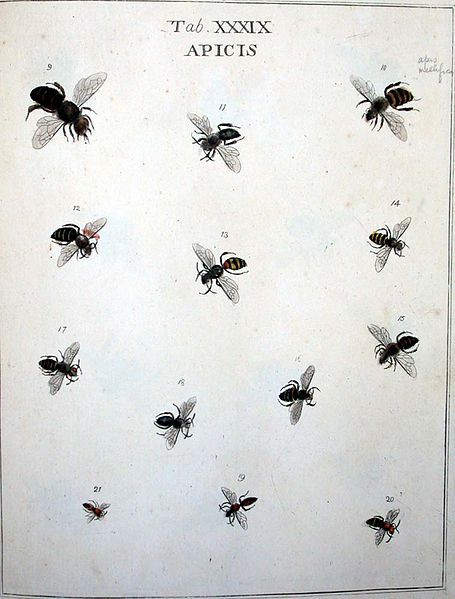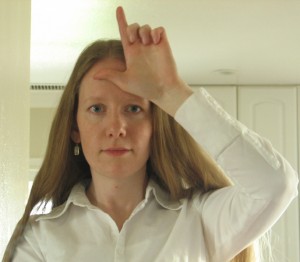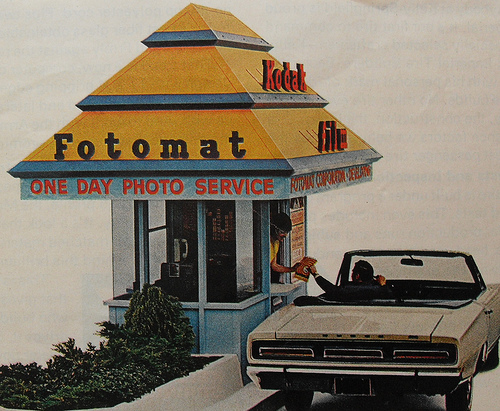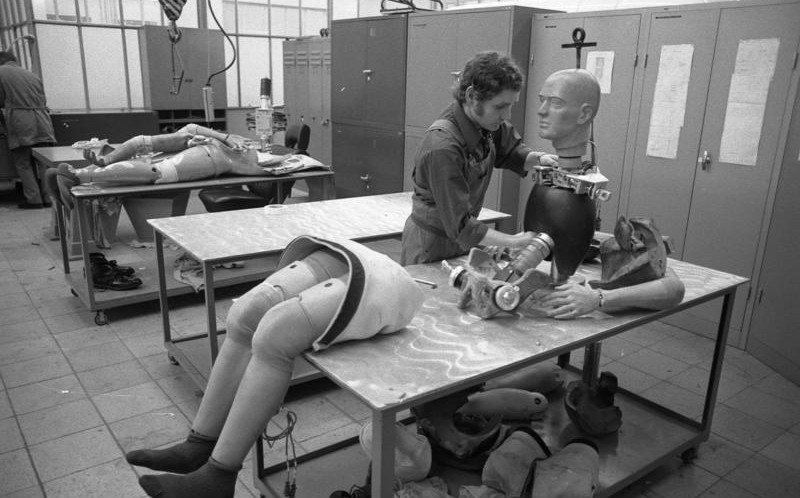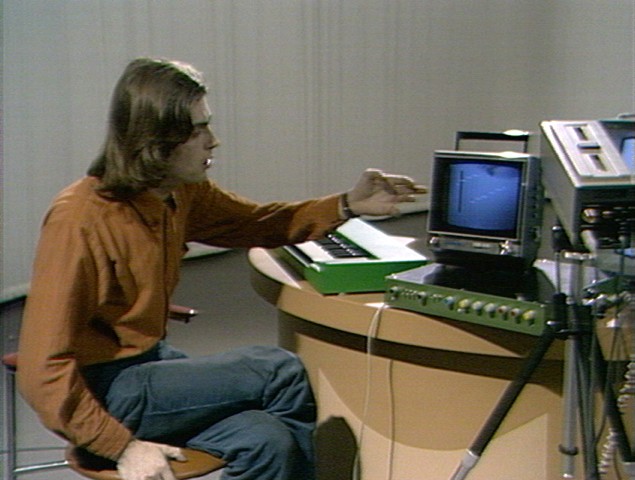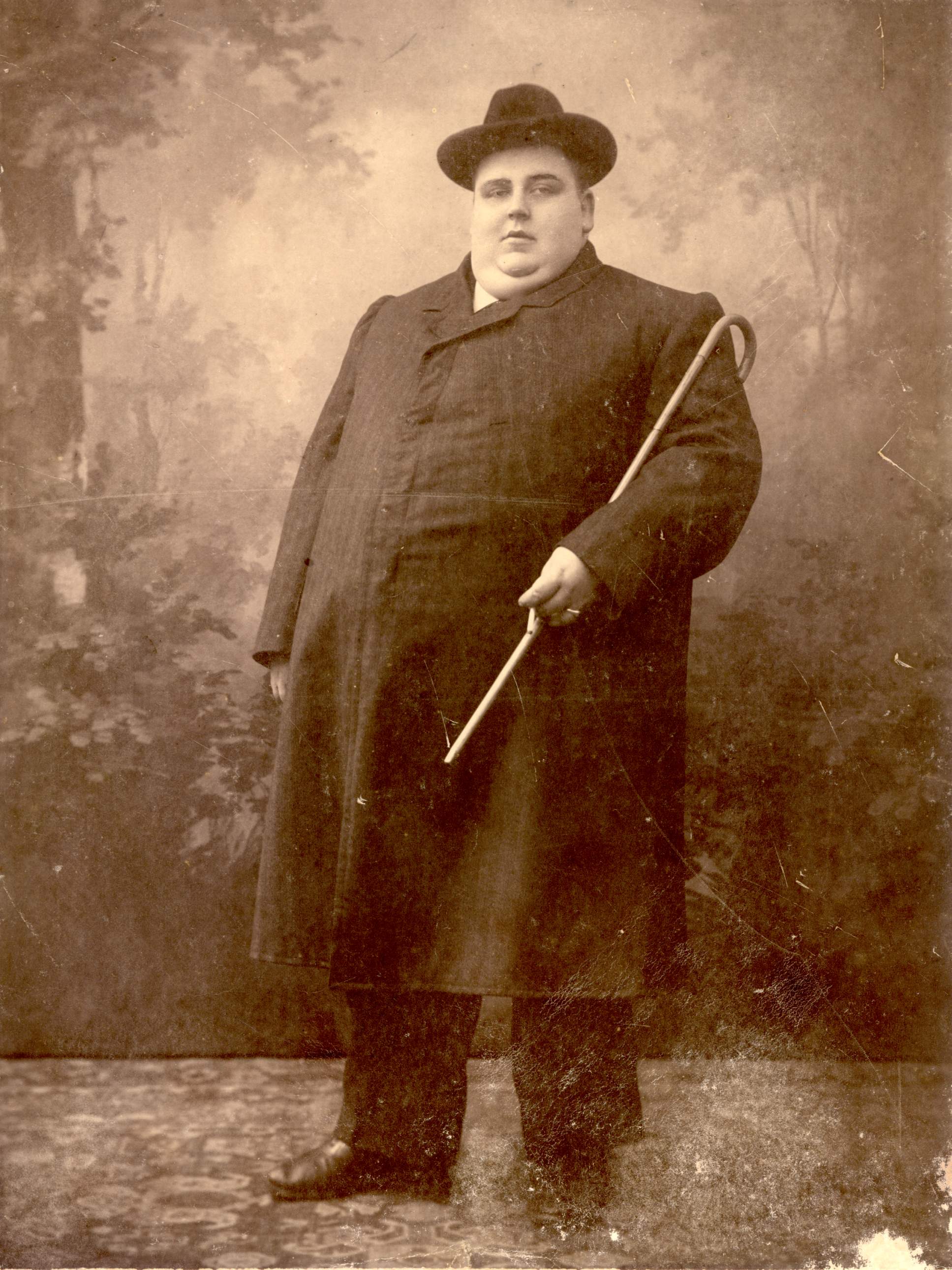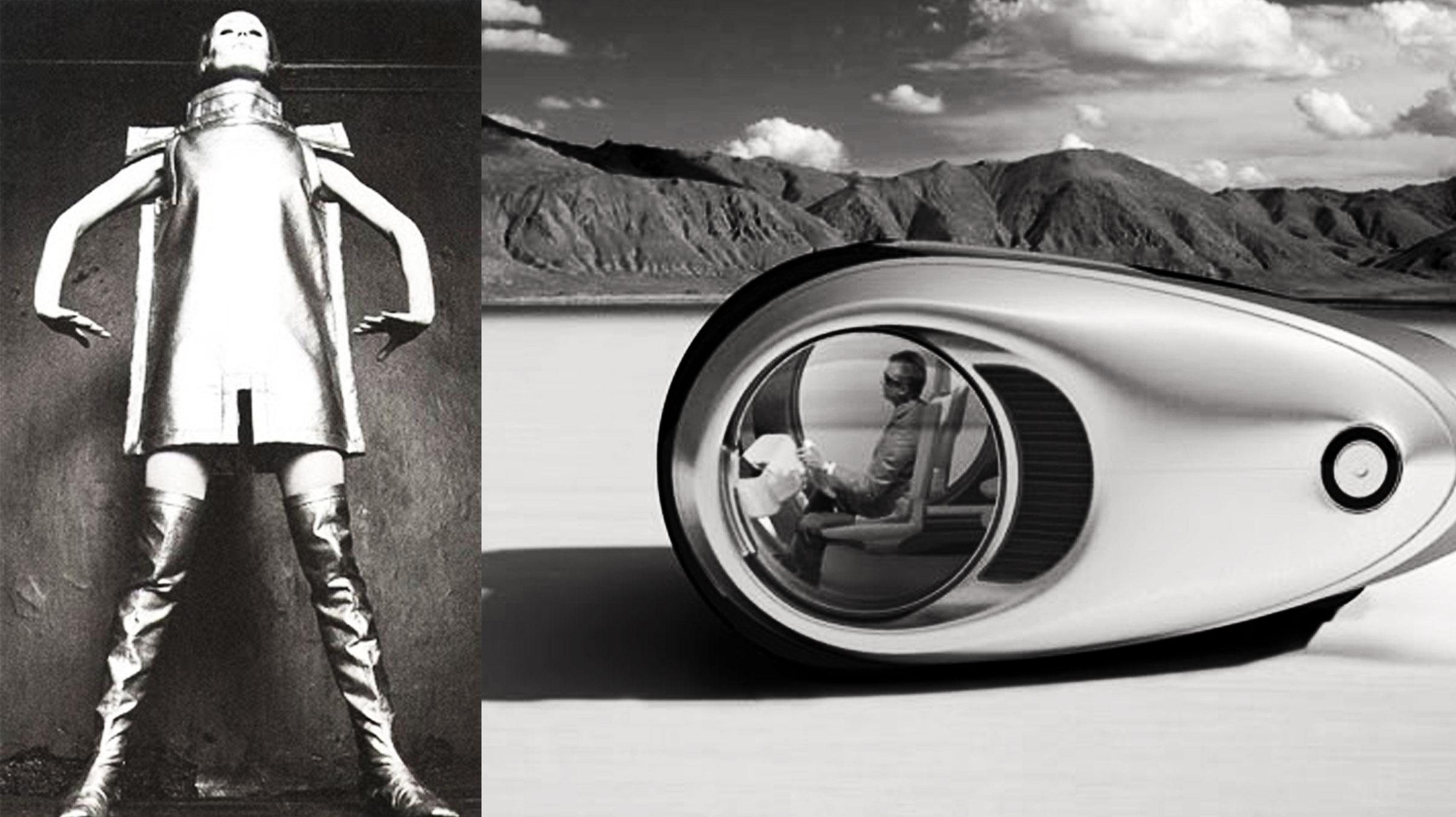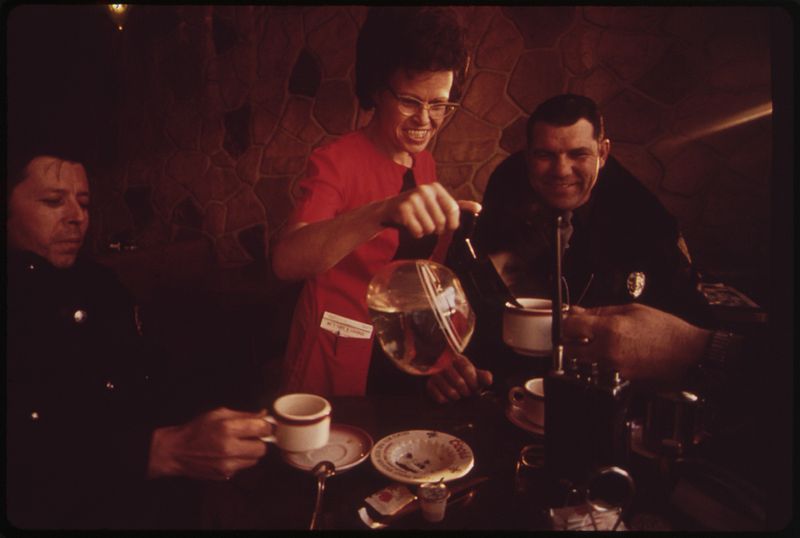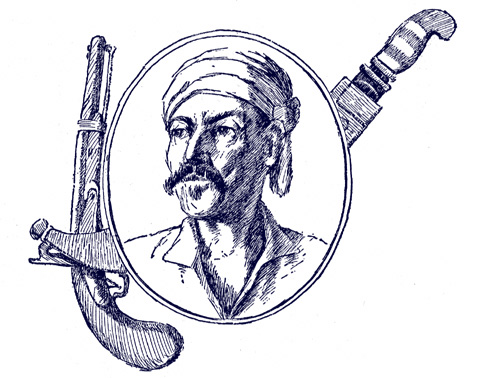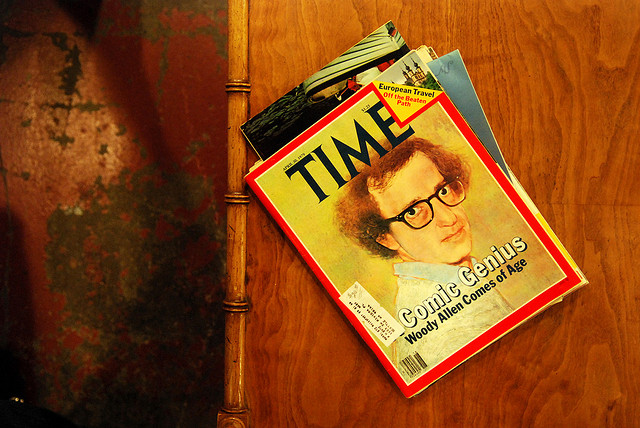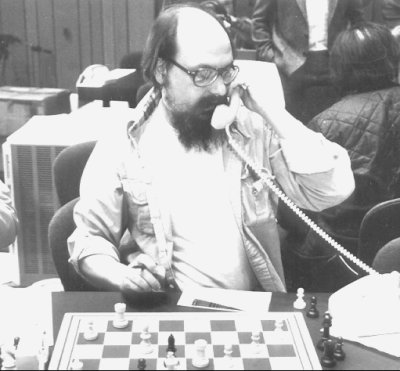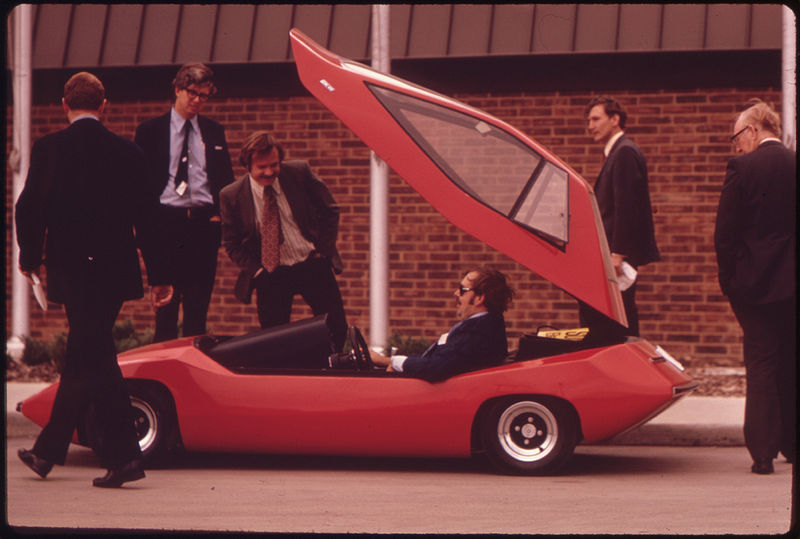From Elizabeth Murphy’s Fast Company article about 23andMe, a company founded by Anne Wojcicki, which will conduct genetic testing at birth on your child for $99, beginning the self-quant analysis before the first word or step, arming you with information, so much information:
“Wojcicki is connected to the fabric of Silicon Valley, which has served her well. But her goals are global. ‘We’re not just looking to get a venture-capital return,’ Wojcicki says. ‘We set out with this company to revolutionize health care.’ On the same December day when she closed a $59 million round of financing, she dropped the price of 23andMe’s genetic testing from $299 to $99. While prices like that may not make taking control of one’s health a universal, democratic reality, they accelerate our society’s move in that direction. The end result could be a wholesale shift in the way we treat illness, a move away from our current diagnostic model to one based on prevention. That’s why, if Wojcicki gets it right, 23andMe could help change the health care industry as we know it. ‘At $99, we are opening the doors of access,’ she says. ‘Genetics is part of an entire path for how you’re going to live a healthier life.’
As 23andMe scales, its business model will shift. Right now it gets most of its revenue from the $99 that people like me pay in return for test-tube kits and the results we get back after we send off our spit-filled tubes. ‘The long game here is not to make money selling kits, although the kits are essential to get the base level data,’ says Patrick Chung, a 23andMe board member and partner at the venture-capital firm NEA. ‘Once you have the data, [the company] does actually become the Google of personalized health care.’ Genetic data on a massive scale is likely to be an extremely valuable commodity to pharmaceutical companies, hospitals, and even governments. This is where the real growth potential is.”


